Whenever Putin and Trump get together, what inevitably happens reminds me of the US-UK summit in the movie “Love Actually.”
Remember, when the President of the United States (played by Billy Bob Thornton) bullies Hugh Grant, playing the Prime Minister?
Amid the negotiation, the President says: “I'll give you anything you ask for - as long as it's not something I don't want to give.”
And at the end, that same president tells the press that the meetings were “[v]ery satisfactory indeed. We got what we came for, and our special relationship is still very special.”
That basically sums up all Trump-Putin meetings. Except in those exchanges, Putin is the one getting all he wants, and it’s the American President (Trump) who gives American interests away. Putin no doubt also considers his relationship with Trump very “special” and very beneficial.
It happened again yesterday:, as Trump himself reported:
Not only did the call get Putin all that he wanted around Ukraine (with the US ceasing to be an ally of Ukraine, but now becoming an intermediary), as well as the legitimizing optics of a Putin White House visit, but Trump afterward spewed talking points and propaganda that the Kremlin might as well have written…
Even worse, the entire day was a series of major Putin victories, including:
Tulsi Gabbard being confirmed as Director of National Intelligence
Pete Hegseth essentially siding with Russia regarding claims to territory in Ukraine, while undermining our Western allies and dismissing Ukraine’s hope for NATO membership
a Russian cybercriminal being released:
And here’s what my Kettering colleague Alexander Vindman wrote about the NATO cave-in:
If there is a “peace negotiation” coming, Trump, Hegseth and others already folded on the central terms before the negotiating has even begun.
Why?
Now, why does Trump get worked over by Putin every time they have an exchange?
Beyond the obvious speculation that Trump is compromised, let me shed some unique light on that question.
Believe it or not, I saw Putin up close—repeatedly—many years ago. And I got a bird’s eye view and sneak preview of how he operates. (Long-time subscribers may have read this before, but new subscribers will not know about it).
And one story in particular highlights how risky (for our country) these meetings and calls between buffoonish Trump and the former KGB spy are—especially the exchanges we don’t know about.
My Russia Years: 1993-1996
Here’s the backstory:
After college, I worked at a DC-based think tank called CSIS (the Center for Strategic and International Studies) and helped run a project in St. Petersburg, Russia.
This was in the early to mid 1990s, a brief window where under Clinton and Yeltsin, the US and Russia got along.
The project I staffed was working to bring guidance and technical assistance to a new generation of leaders in St. Petersburg, a wonderful city. We were trying to bring best practices on everything from a functioning legal system, to banking, to infrastructure, to energy and port development.
Our project was co-chaired by the Mayor at the time, Anatoly Sobchak, a charismatic and western-minded reformer, democracy advocate, former law school dean and co-author of the new Russian constitution. Many thought he'd succeed Yeltsin. His leadership was one reason people had hope for Russia overall, and why our project focused on the city he led.
To be clear, I didn’t live in St. Petersburg permanently for this work. But we would travel back and forth regularly—staying for weeks at a time—both in the dead of winter, where the sun was out for only a few hours, and during White Nights (June), where nighttime was more like dusk. Summertime there was spectacular.
Overall, I think of the time as my Forrest Gump years, Russia-style.
Not only because, at times, I found myself in truly unique situations: as the honorary guest of a ballroom dancing competition on the historic island of Kronstadt, handing out the trophies to the winning danders; sailing on a small boat in the Gulf of Finland; riding the Red Arrow train to Moscow, a towel under the door of my small cabin to avoid being gassed via hose—a common tactic of robbing foreigners back then; and having two men armed with machine guns knock on my apartment door in the middle of the night (apparently I had set an alarm off). And many more.
But the experience was also Forrest Gump-like because over my time doing this work—between 22 and 24 years old—I met the likes of Henry Kissinger, Paul Bremer, Bob Livingston (who later became House Speaker for about a day), Ambassadors, a whole lot of Finns, the current oligarch/CEO of Gazprom (he was a lawyer for the City back then), and more. No, I didn’t keep up with any of them (in 1996, I went to law school and have never been back to Russia).
The Deputy Mayor
But I also met one other person along the way.
Mayor Sobchak had several deputy mayors we would meet with regularly—some would later go on to major jobs in Moscow. (The city’s finance director would go on to to serve as Russia’s finance minister from 2000-2011). It was an interesting mix: a younger generation—smart, friendly, and seemingly eager/open to embrace new opportunities of a new Russia. And an older generation, holdovers who had clearly been in similar jobs before the changes of prior years, but—at least the ones we met—doing their best to adjust to the new world they were living in and their new roles. We also met with a lot of older generation “business leaders”—former party/government officials who, being in the right place at just the right time, now found themselves sitting on top of major private businesses as their CEOs. (St. Petersburg was home to many former defense manufacturers, and many of these “new” companies were looking for ways to convert that infrastructure into other types of manufacturing).
Anyway, among those deputy mayors was a man who didn't fit cleanly into the buckets above. While in his early 40s at the time, he was quieter and more serious than Sobchak and the others we met of the younger generation.
His name was Vladimir Putin.
Deputy Mayor Putin. (That’s not my photo, but that’s what he looked like at the time.)
At one point (my sense is shortly after he was named to that deputy mayor post), the Mayor assigned Putin to run point on our project. He essentially became our liaison, so we met with him more than the others.
He would take care of logistical details of our work. Setting up one-on-one meetings, site visits, and conferences with various leaders. We would brief him on our work to relay back to the mayor. He’d sit in when the mayor was absent.
To do this, we would meet with him regularly, often with just a few people.
(BTW, the picture below is approximately what I looked like around then. I know, I know—he was surely intimidated seeing me across the table)
Overall, Putin came across as serious and reserved. Amid that group of extroverted intellectual heavyweights and reformers, and some big personalities, he was the guy who made the trains run on time. Sort of an operator, dedicated to practical details, less focused on the broader substance. That was my impression, at least. At some point we heard he had been in the KGB in East Germany.
But by the standards of Western business and politics, he didn’t stand out. When he spoke, unlike the engaging charisma of some of the others, he’d speak for minutes at a time about all those details we were reviewing. Little intonation. No emotion on his face, if he was looking up or forward at all. It wasn’t a conversation with your usual back and forth. Meetings with the older generation often were like this.
Socially, he wasn’t friendly like many of the others. Always serious. All business.
Because I would have been applying those Western standards, I would never have predicted higher office for him, let alone his ultimate rise to national power. That was for Sobchak, that finance minister, and possibly some of the others around him. So yes, when—years later, after I completed law school and moved back to Cincinnati—a largely unknown figure named Vladimir Putin was named Russia’s Prime Minister in 1999, soon to succeed Yeltsin as President a few months later, I was stunned. (Sobchak died in 2000.)
The Moment
But in all those meetings, amid all these conversations, one small detail really matters here...Deputy Mayor Putin never spoke a word of English. Not even a hint.
Now, I spoke some Russian back then—conversant, I’d call it. I used it to navigate the city, and to be friendly with those we were working with. And I was able to pick up on much of what the Russians were saying in my presence.
But others I worked with did not speak Russian. So we always had an interpreter with us, including for our Putin meetings.
And he never once spoke English.
Until…in one meeting, well over a year into our work, something happened.
My boss, an interpreter and I were meeting with Putin.
As always, the interpreter translated Putin’s words into English.
But in this meeting, the interpreter must’ve made a mistake.
Because as she translated his words into English, he cut her off, then corrected her.
In English.
And this was not some small, simple word. It was a complicated term of some sort. He had said the word in Russian, had heard her translate it into English, knew she had used a word that didn’t quite capture his meaning, and then replaced it with the correct word, in English, before returning back to Russian.
In short, he did something I would've been unlikely to do with my conversant Russian.
He knew English well. He was keeping up with both sides of the conversation.
Which also meant that the entire time we had been meeting with him, he had heard and understood everything we had been saying.
Not just what we were saying to him. But what we were saying in his presence.
And we had no idea.
And remember—this was on a technical assistance project where we were working together, in partnership.
So holding back his healthy knowledge of English didn't serve any real purpose (in hindsight, it clearly did!?)
The moment he uttered that word in English—when we realized a man easy to overlook amid the charismatic characters around him (who often would throw in some English), had a lot more going on than you first thought, and I wondered what else I’d previously said in his presence—stuck with me so much that I based a scene on it in my first novel—The People’s House (which Politico Magazine once called the “thriller that predicated the Russia scandal” 😎)
Tucker and Trump: Playing the Fools
But I also recall that moment whenever our fool of a president meets and talks with Putin.
In his first term, whenever Trump met one-on-one, kicked staff out of the room, and agreed to tear up the interpreter’s notes;
Whenever he had those repeated phone calls--the ones we know about and those we don’t;
Whenever he communicated through whatever back channels they'd set up;
Whenever he agreed to whatever he agreed to without us knowing anything about it;
At every meeting and on every phone call during his presidency, including yesterday, I remembered that moment with Putin.
Because Donald Trump thinks he’s meeting with an old buddy and kindred spirit, all while he is actually playing the fool to a far more savvy operator who is taking advantage of every misstep.
In every interaction, be assured, Trump digs a deeper hole.
In every meeting, Trump unwittingly reveals things about himself, and about our country, that Putin will decipher and leverage—at the moment, or later—for his benefit.
In every meeting, Putin will advance his agenda, while Trump will walk our’s back.
In every interaction, be assured that Trump is being fed framing and propaganda that he internalizes, and then repeats publicly, as he did yesterday.
And especially in those interactions we don’t know about, he grows more deeply compromised than before—agreeing to things he shouldn’t be agreeing to, and sloppily revealing things he shouldn’t reveal. And it’s all on tape, no doubt. Which makes it all kompromat going forward.
We saw a clear example of what Putin does to marks like Trump when Tucker Carlson interviewed the Russian leader a year ago, where Tucker, like Trump, played the complete and utter fool. Putin’s propaganda tool.
For example, this summary stuck out:
Or here, as he’s forced to sit there silently while airing bizarro revisionist history:
And especially this one, where Putin shows Tucker he knows a lot about him and his past (failure)—and wants the world to know that he knows:
And, really, for the entire interview.
If this is what happens to Tucker, imagine what happens to Trump.
Bottom line: Trump’s every interaction with Putin represents a loss for America and American interests.
Always a Putin advance, and a Trump/American retreat.
Even the timing of the call yesterday—on the same day that Gabbard was sworn in and Hegseth undermined both Ukraine and NATO—feels too perfect (for Putin) to be an accident. A true victory dance in front of us all, the world, and Russians as well.
It all confirms how “bad” this relationship has become (using Hugh Grant’s words from “Love Actually”): “a relationship based on [Putin] taking exactly what he wants and casually ignoring all those things that really matter to, erm...” America, our allies, and democracy more broadly.
In this case, though, our and pro-democracy interests are not simply being ignored. They’re being trampled on. And Trump and his minions are all too happy to do much of the trampling.
When I was in St. Petersburg in the early 1990s, and we were trying to assist Russia in both its transition and recovery from where they had fallen, I did indeed see up close how wily Putin was.
But still, it would have been unthinkable at the time that, decades later, any group of Americans would allow our own nation to fall so far in our standing.
Day 73 — February 12, 2025
The Republican Senate confirmed Tulsi Gabbard as the nation’s Director of National Intelligence. Her history of disturbing relationships and false statements/propaganda that consistently favor and serve nations hostile to the United States makes this the most dangerous Trump appointment—dangerous to American security itself—yet. It will no doubt poison relations with allies and any intelligence-sharing with them going forward.
Former Senate leader Mitch McConnell voted no on Gabbard, saying:
“The nation should not have to worry that the intelligence assessments the President receives are tainted by a Director of National Intelligence with a history of alarming lapses in judgment. … Entrusting the coordination of the intelligence community to someone who struggles to acknowledge these facts is an unnecessary risk.”
But he was the only one. All the other lemmings went along, including Ohio’s newest, shameful Senator:


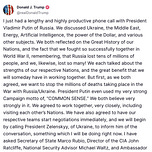


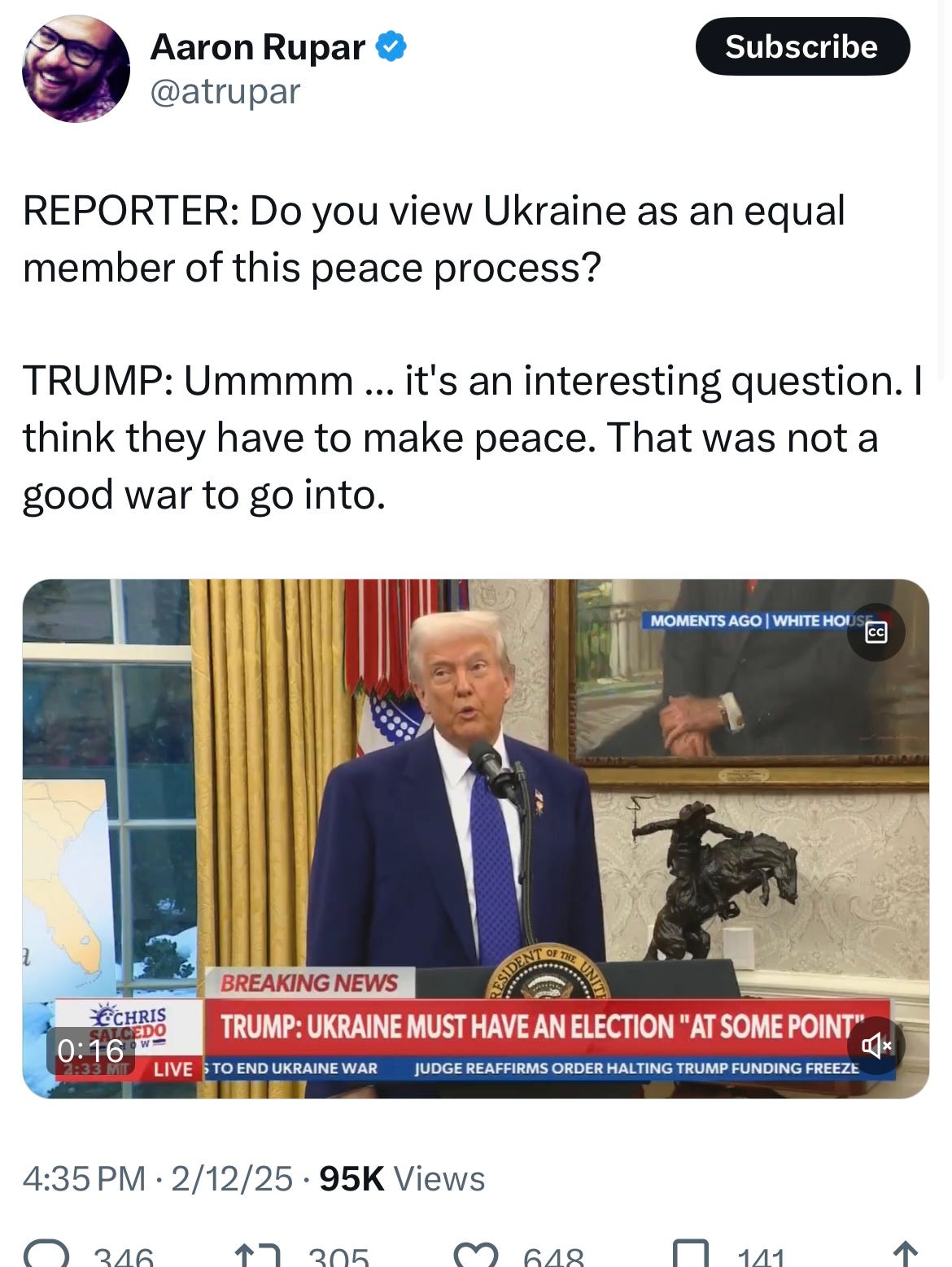
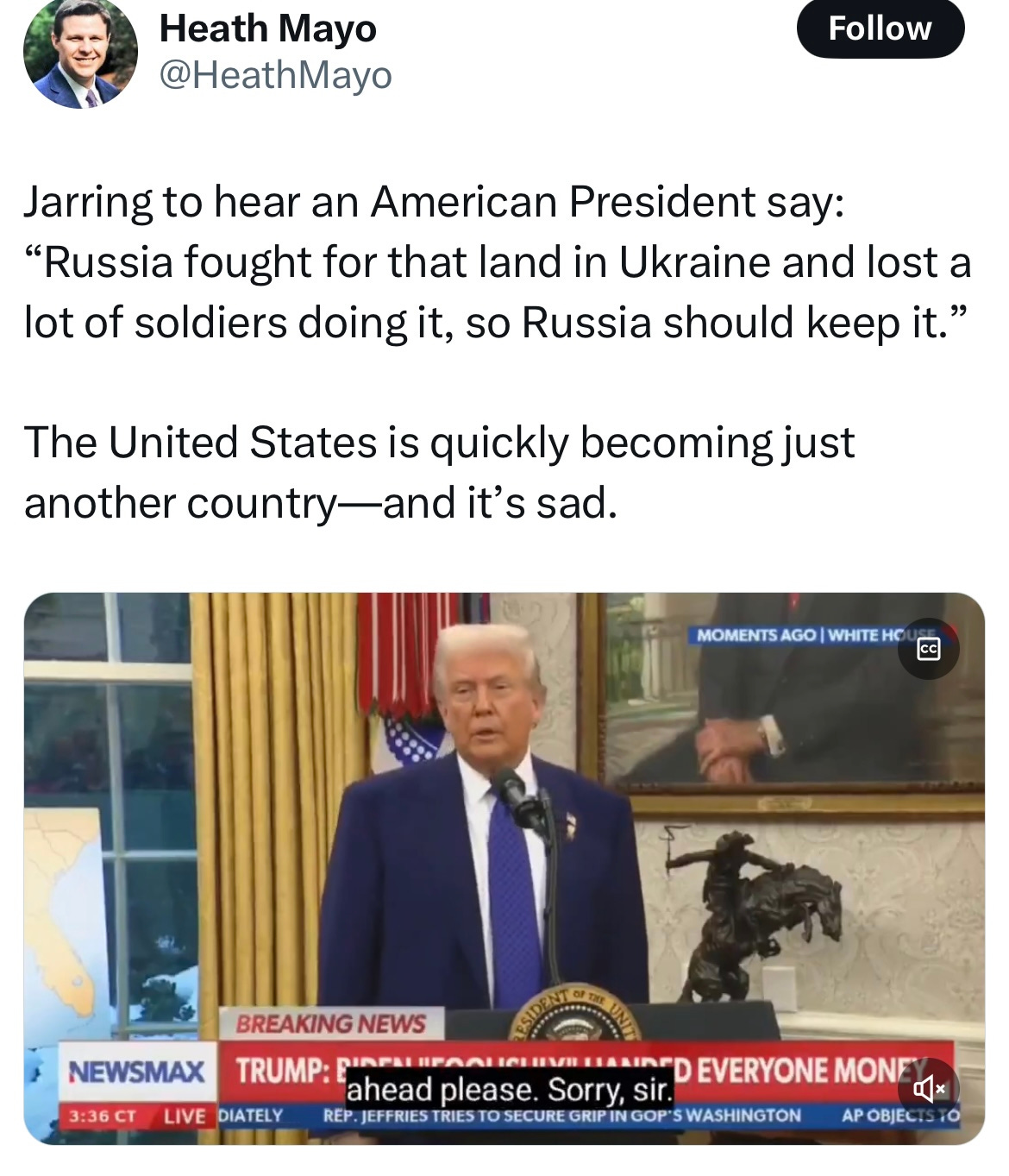
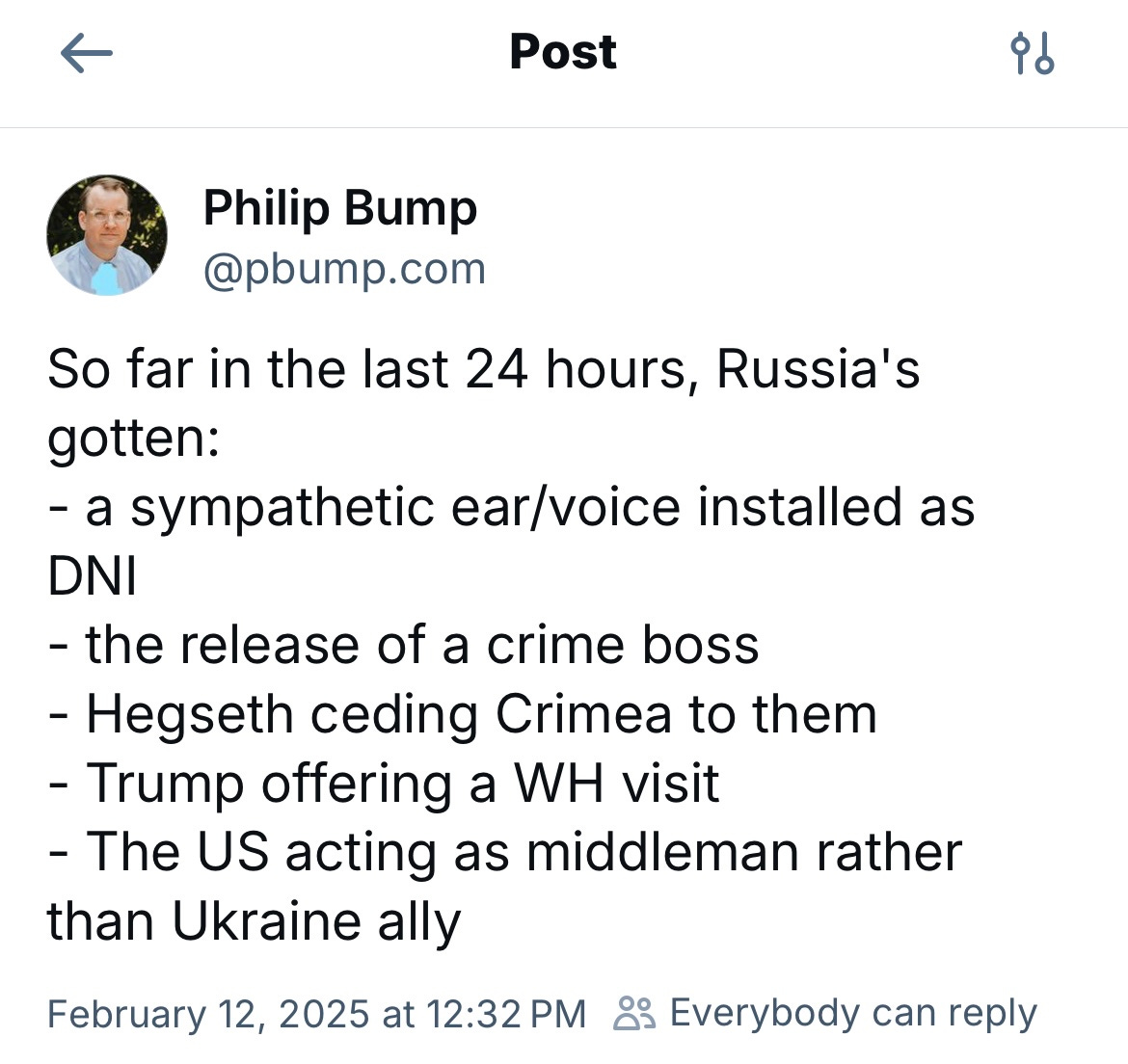
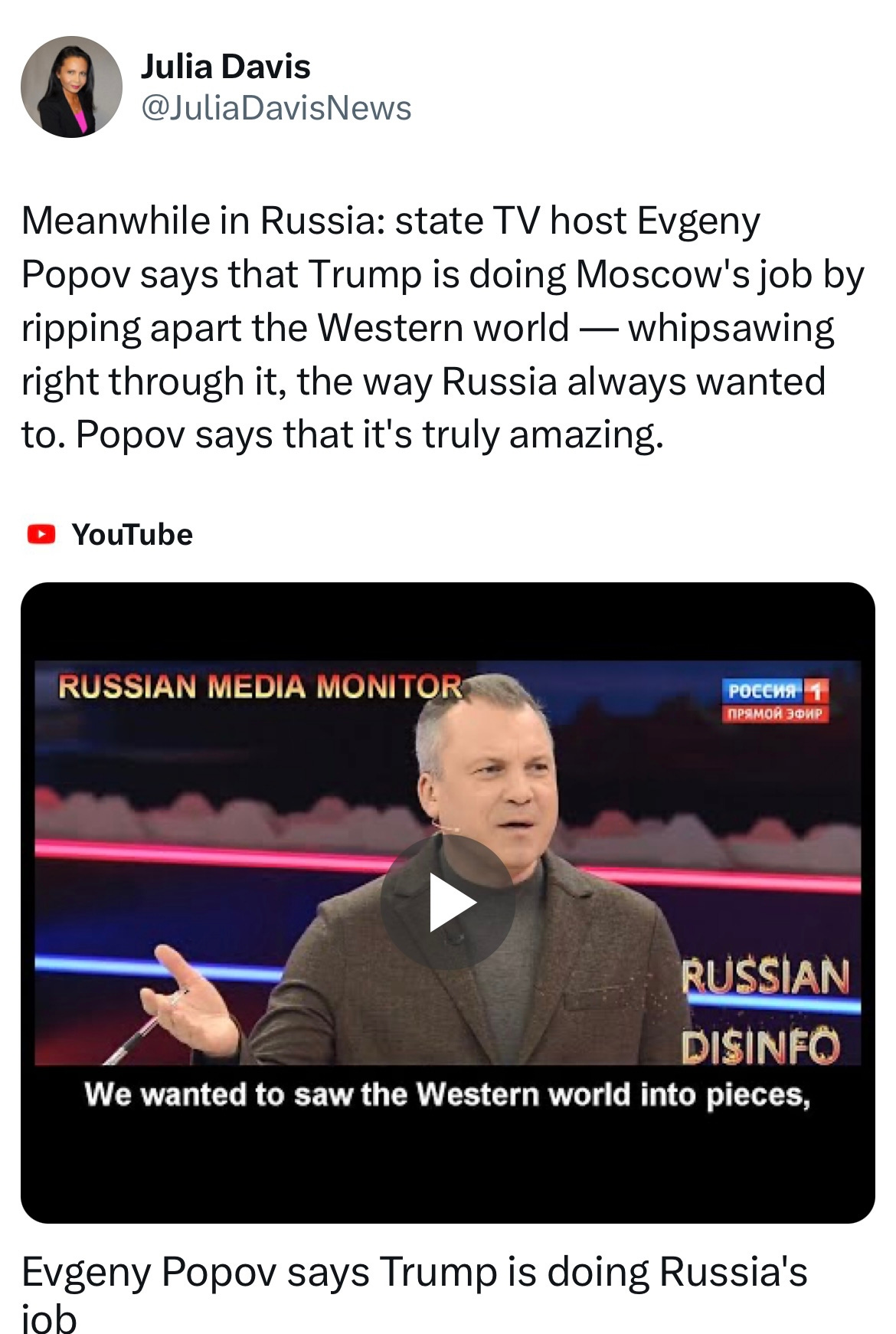
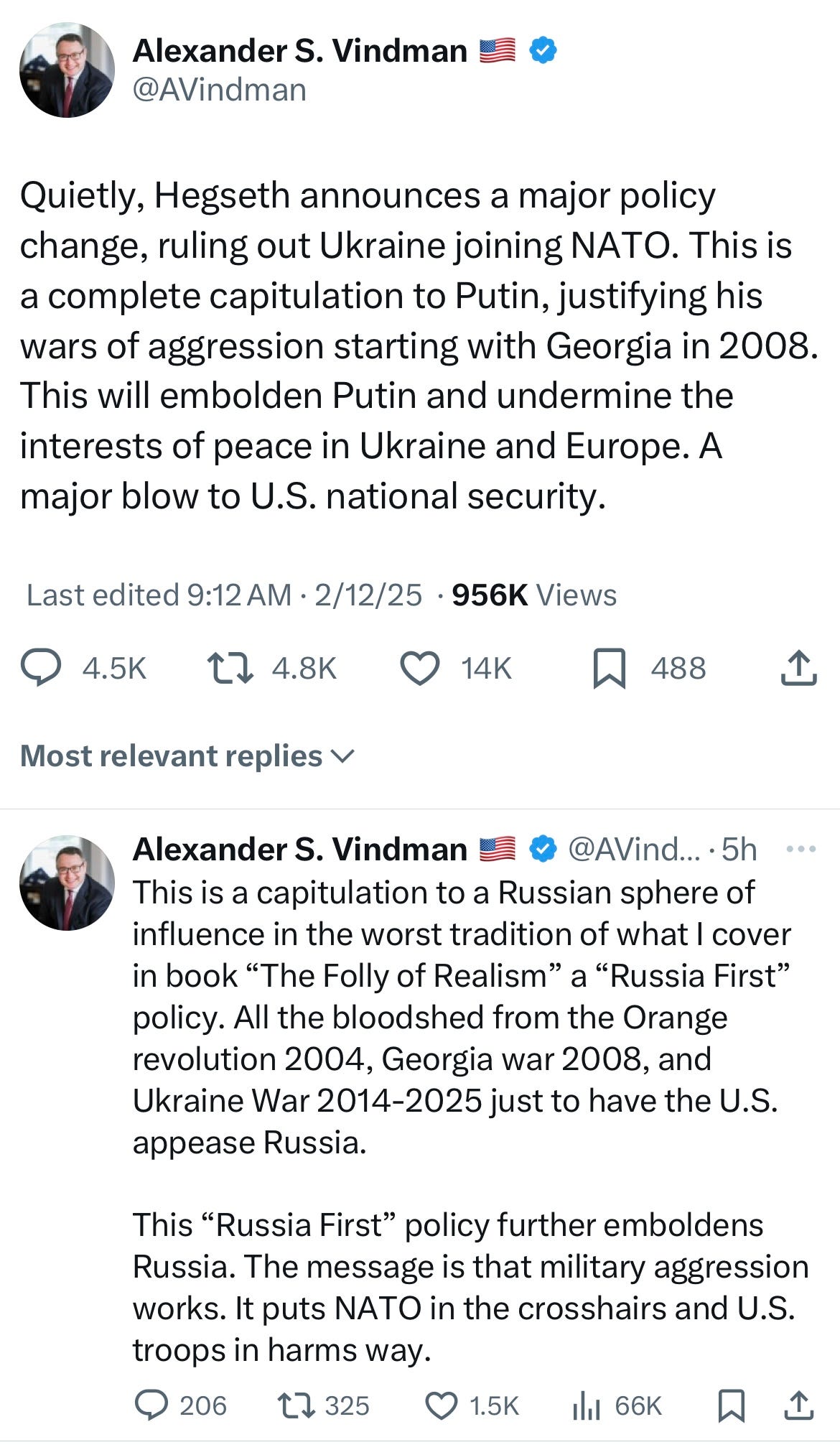
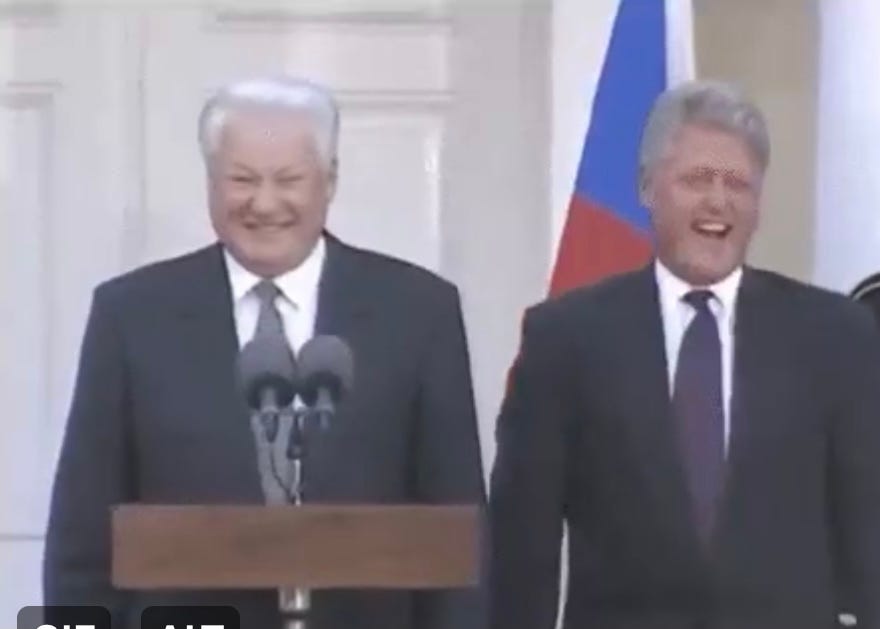
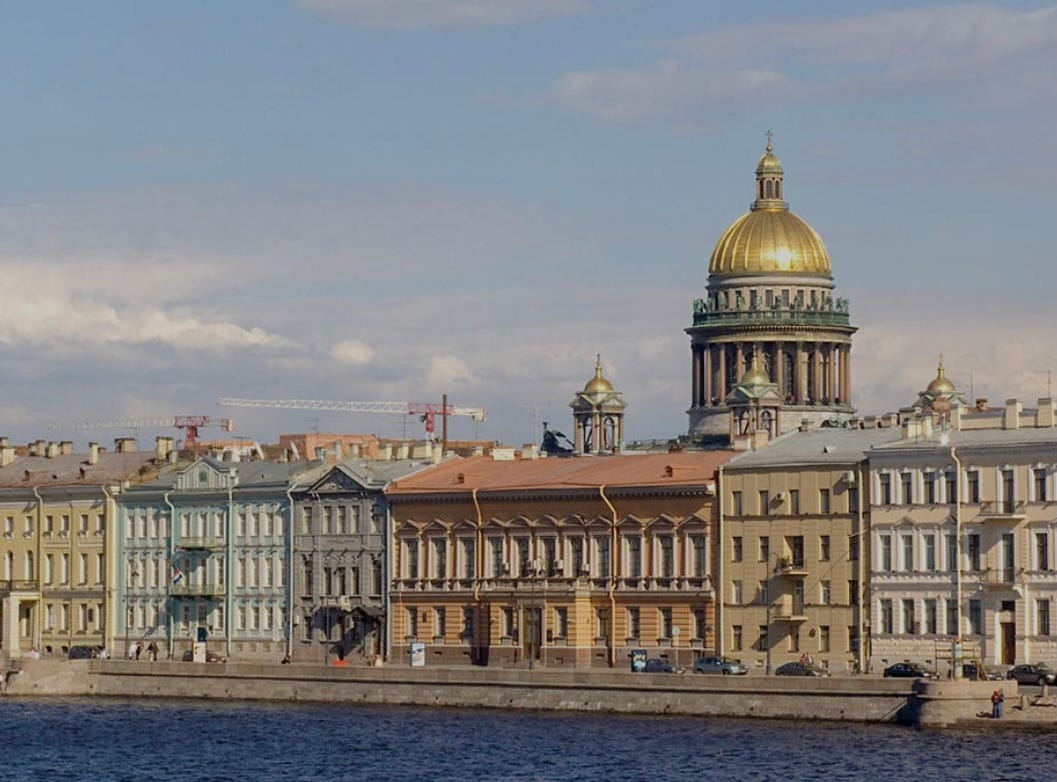
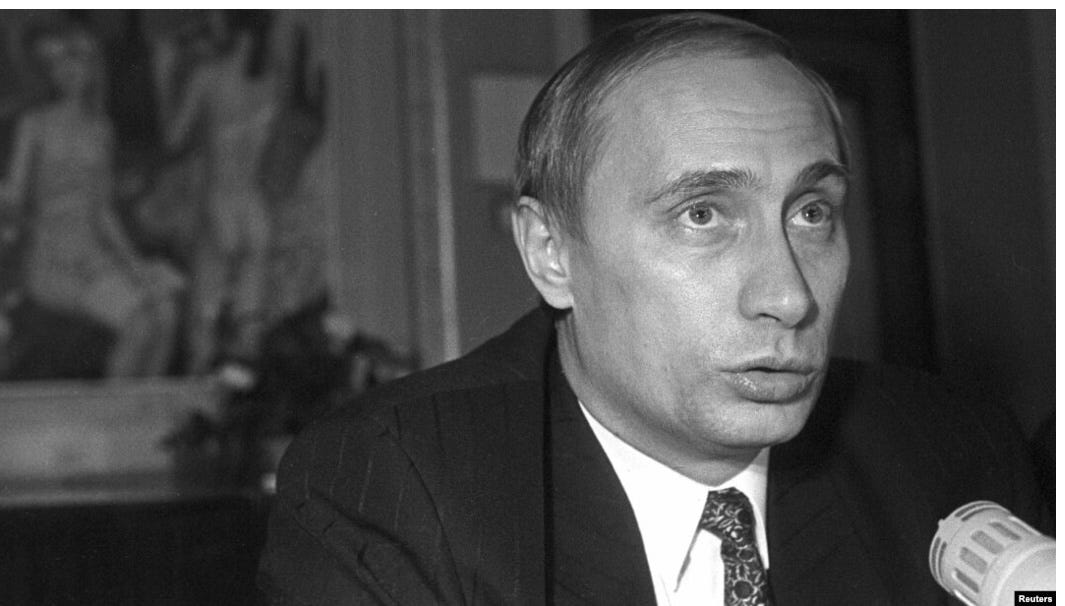

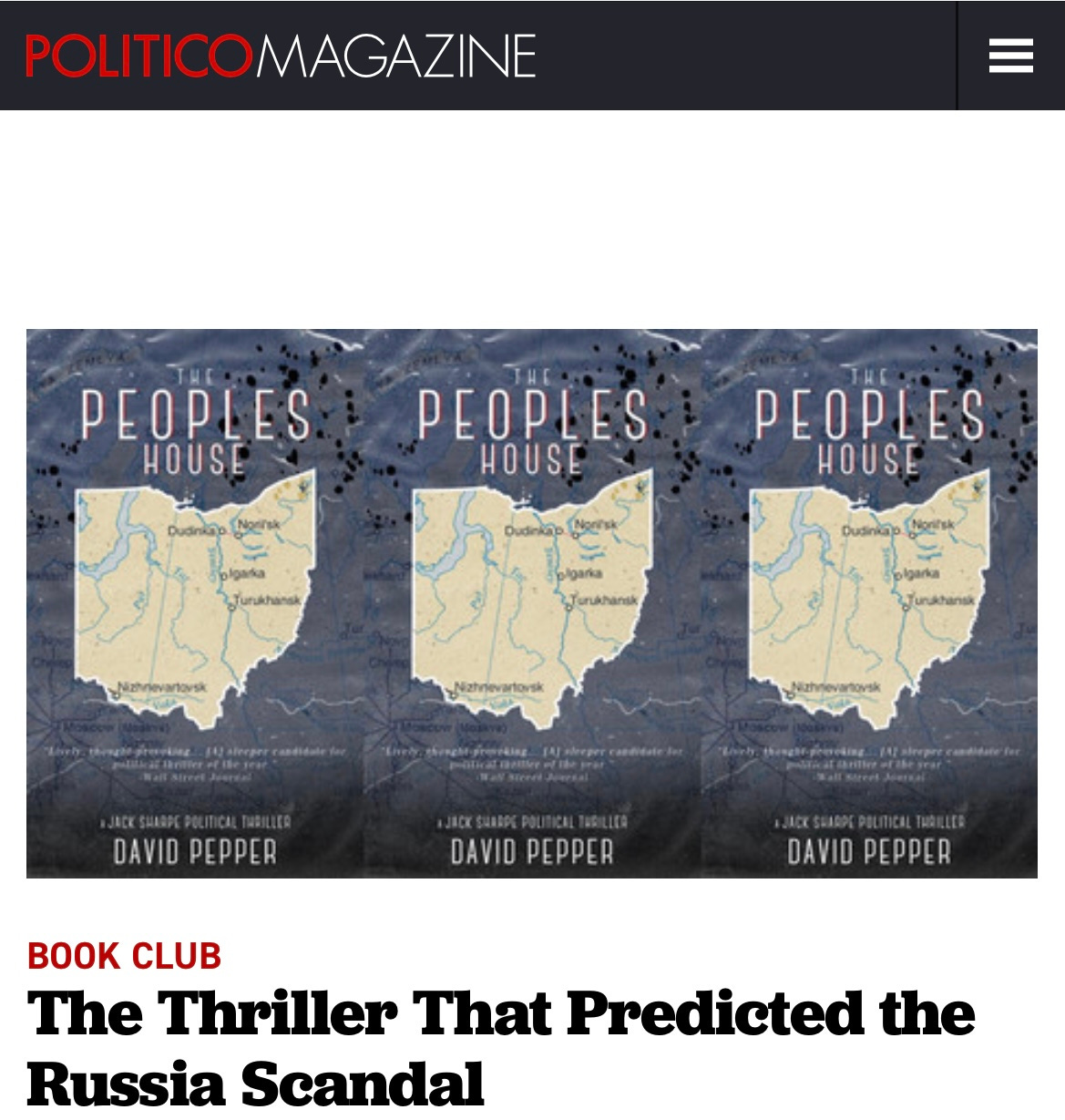
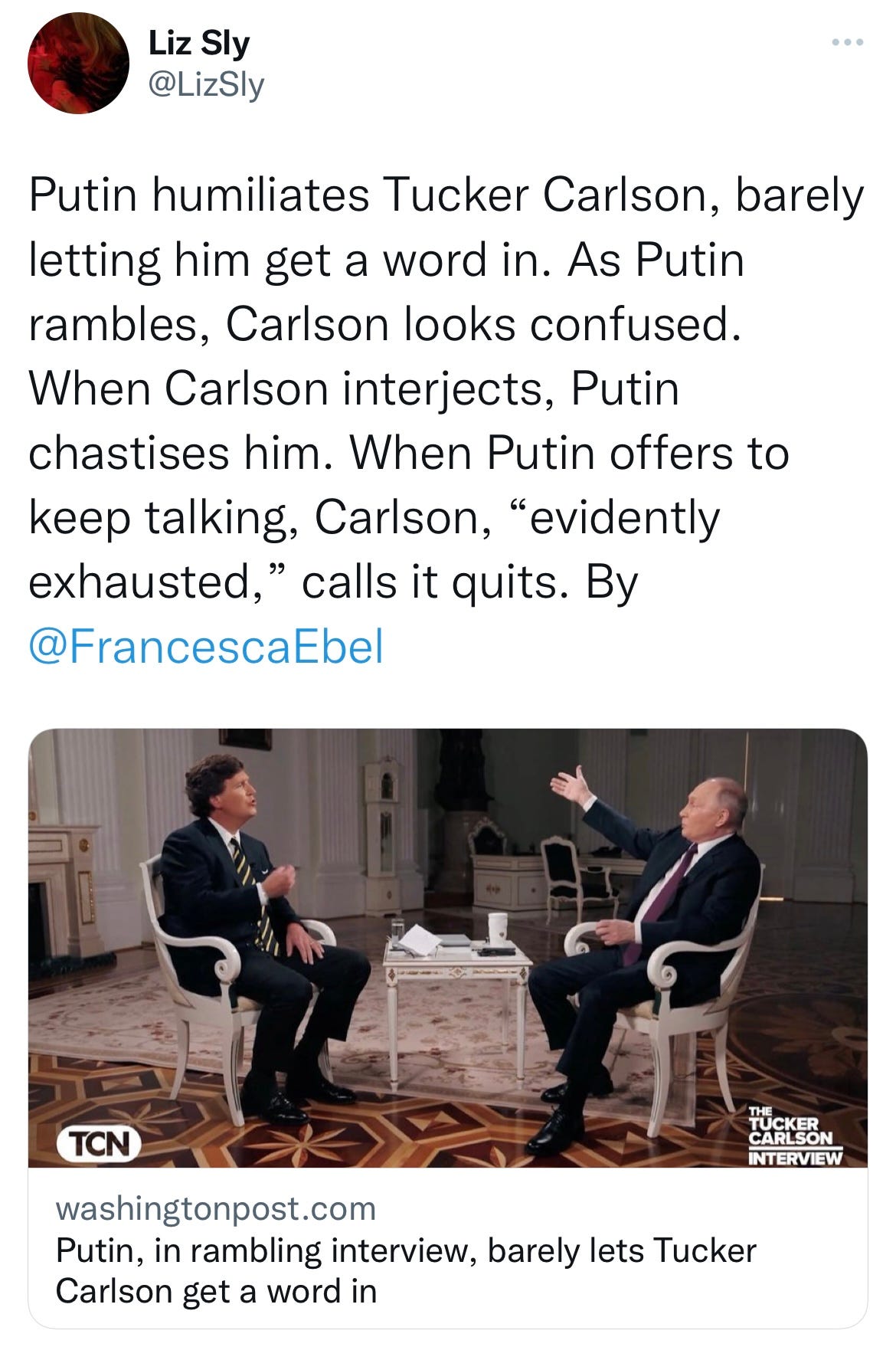
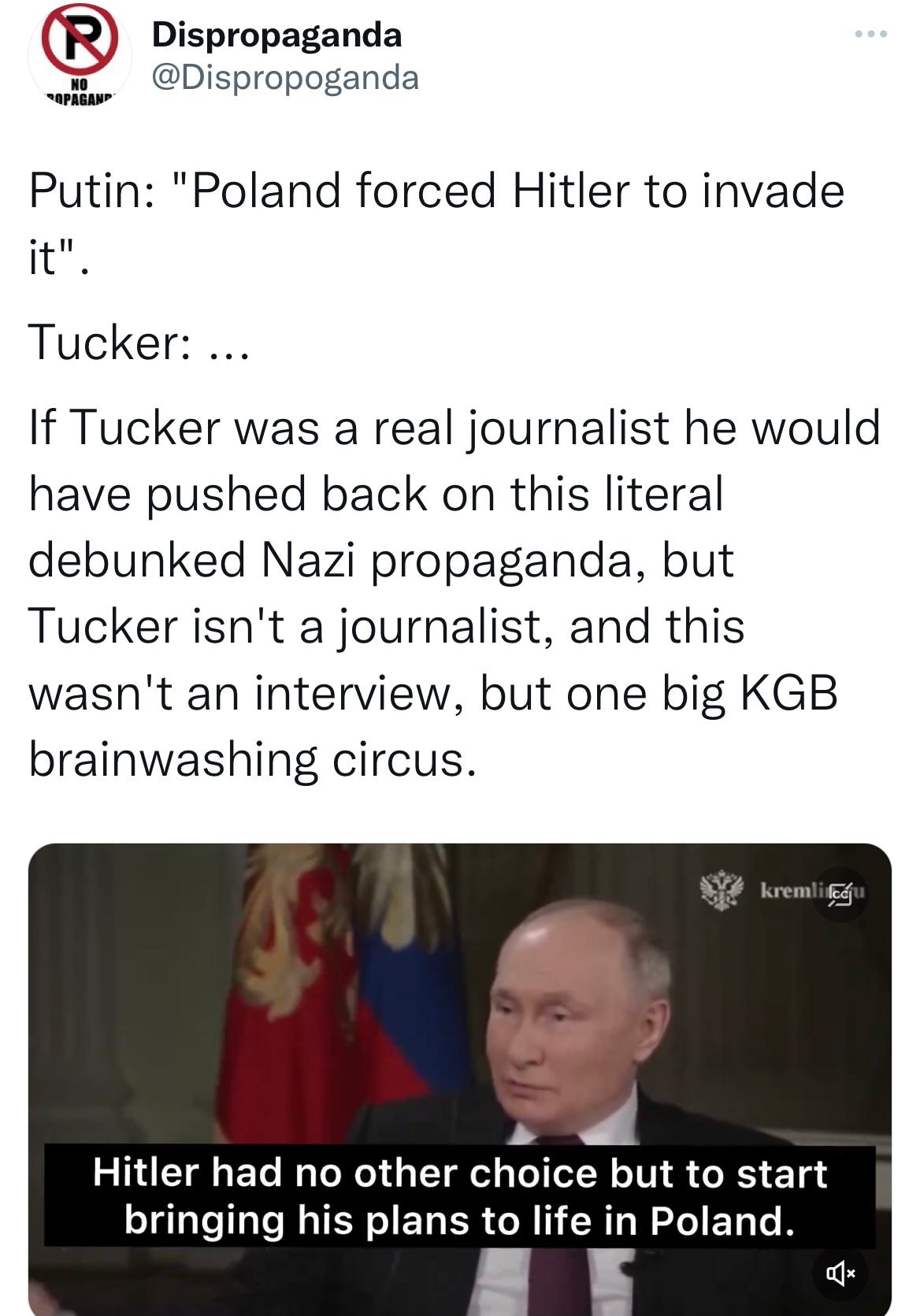

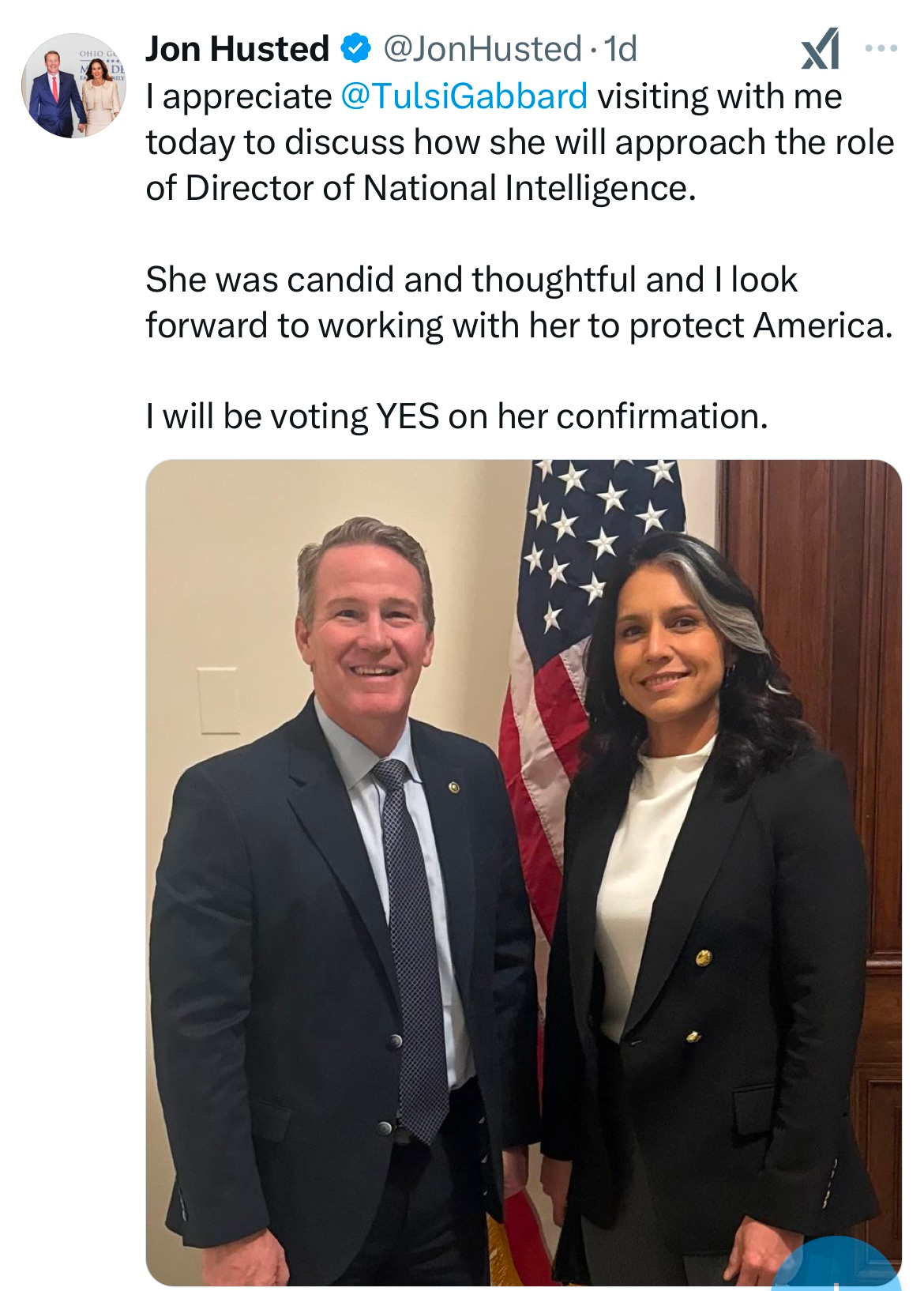








Share this post